
This post – as the title suggests – has to do with the books that you can refer to, to study physics. Before proceeding, a disclaimer, these are books that I have come across in my experience with physics or that someone who I know well has strongly suggested. Others are standard books used as reference. These are not the only books that you should refer to. Ideally if you are working on higher level physics anything over grade12, it’s best to refer to 2 or 3 different books and see what works for you.
You don’t need to buy all these books. You should be able to find them in the library and incase if your school/college library doesn’t have it. You may want to ask to order it. This post will update over time and that’s why you will notice a version number next to the title. This number will increment as and when the post gets updated.
If you have Stephen Hawking, Michio Kaku in mind then I will be making a separate post for Pop Science Books and it will be linked here. This post is specifically made for books you would want to refer to to learn core Physics. Another note I would like to make here is that having access to the books does not necessarily translate to you using it. So a person who has just two books and reads it with focus is gaining more knowledge that someone who has access to 60 or maybe over 100 books and does not read a single one.
Also remember the physics that the world runs on does not change. So if you pick up different books on relativity you will have the same physics in each of them. What would differ in the book is the authors perspective. With that let me start with the list of books.
Grade 9 and 10
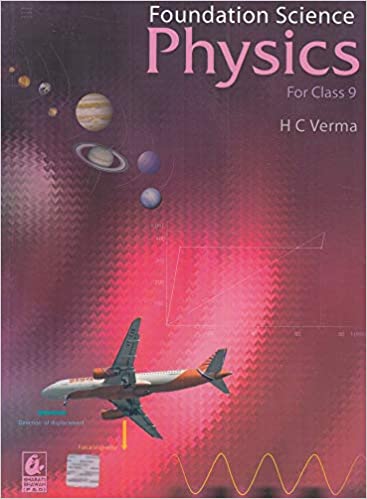
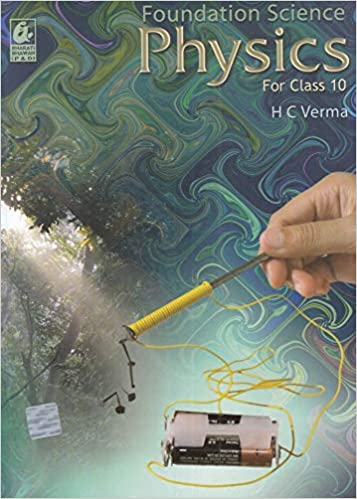
Book Name:
Foundation Science Physics for Class 9
Foundation Science Physics for Class 10
Author:
HC Verma
Publisher:
Bharati Bhawan Publishers & Distributors
Topic:
General Physics
You can buy this book on Amazon.
There aren’t many standard references for Physics at the grade 9 and 10. But HC Verma’s foundation series is one that stands out well. HC Verma is well known in the Indian Academic scene and well trusted. These two books may not cover all the topics. But they do go into depth for whatever topics they do cover. Along with concepts the book also focuses on a lot of numericals. It’s a good book to refer to for this grade level. The name Foundations actually refers to these books being foundational preparation for IIT JEE, so it’s a good book for any early aspirants to try.
Grade 11 and 12
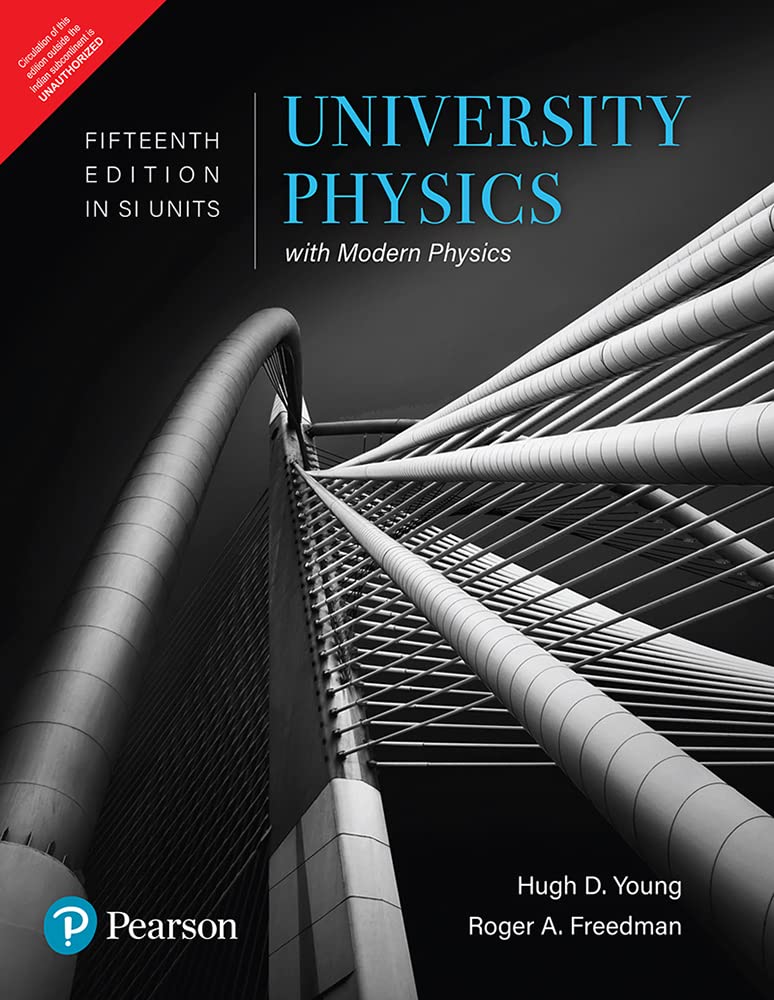
Book Name:
University Physics with Modern Physics, 15th Edition
Author:
Hugh D. Young, Roger A. Freedman
Publisher:
Pearson
Topic:
General Physics
You can buy this book on Amazon.
University Physics is a good book to build a concrete conceptual understanding for physics. While we all know physics comes with it’s own share of mathematics, I’ve been told that this book has very little calculus. Just knowing basic calculus is enough to read the book. It has a detailed explanation, thousands of practice problems, thousands of pictorial illustration. If you are looking for mastering your concepts in physics at most fundamental level, This book is for you.
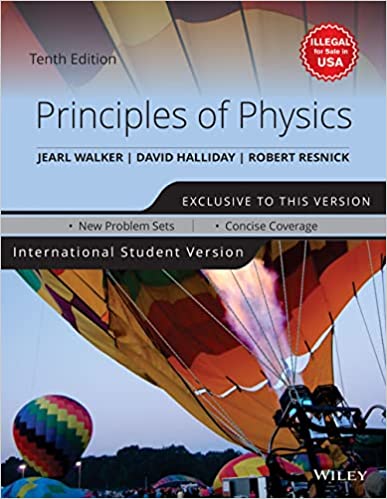
Book Name:
Principles of Physics, 10th Edition
Author:
Robert Resnick, David Halliday and Jearl Walker
Publisher:
Wiley
Topic:
General Physics
You can buy this book on Amazon.
This book is commonly referred to as Resnick-Halliday. This book is not much different from University physics. However it should be noted that while University physics is targeted at the University audience. Resnick-Halliday is a good book to use if you are focusing on advanced physics or higher level physics. It mainly focusses on concepts and is a go to reference for Entrance Exams, Qualifiers and Physics Olympiads.
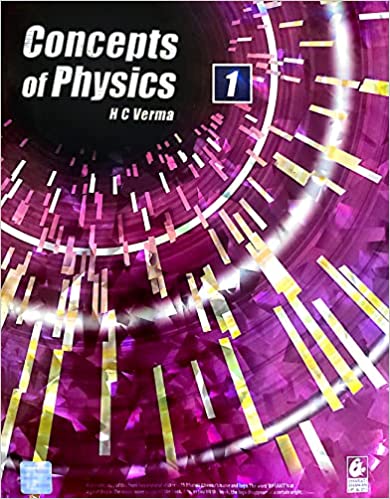
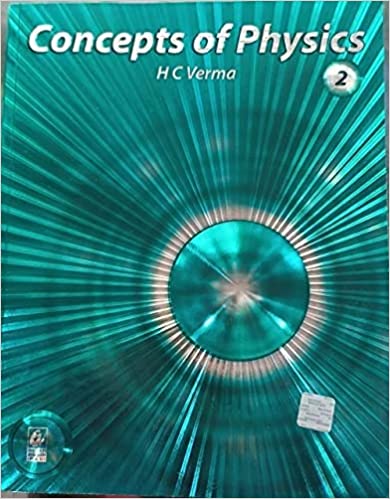
Book Name:
Concepts of Physics – part1
Concepts of Physics – part2
Author:
HC Verma
Publisher:
Bharati Bhawan Publishers & Distributors
Topic:
General Physics
You can buy this book on Amazon.
If you ever happen to read both Resnick-Halliday and HC Verma you’ll feel you are somehow reading the same book yet there are differences. The main characteristic of HC Verma is that it is targeted at the Indian students, and specially designed to prepare them for competitive exams. Being Americans, Resnick and Halliday have used term closer to their culture such as wagons and carts. Whereas HC Verma uses examples such as rickshaws and cricket. While this isn’t a huge difference, if you are a student from India, HC Verma does become an easier read, since you can focus on the physics and not spend effort on understanding the context used for problems and explainations. Since it’s designed for prepping students for competitive exams you will also find relatively more numerical compared to Resnick – Hallidey.
The above 3 books are standard references for grade 11 and 12 but if you are interested in more books I’ll just mention it in the list below. You will find these books by a simple search on Google of an Online Book Store
List of other Physics books:
1. Newtonian Mechanics (M.I.T. Introductory Physics Series) – by AP French
2. Problems in General Physics – by I. E. Irodov
3. Physics for Scientists and Engineers with Modern Physics – by Raymond A. Serway and John W. Jewett
4. Conceptual Physics – by Paul G. Hewitt
Under-Grad Physics
Here’s where the fun stuff starts. There are way too many options here. So I am going to suggest just one (at most two) books for each subjects. Most of these books will assume that you are clear on concepts from grade 11 and 12. There’s no harm in going through the books just out of curiosity. However, at many places it would feel the same as trying to understand calculus without first learning polynomials and trigonometric ratios. And like before the physics in different books on the same topic is going to be the same, only the author explanation and perspective will differ. There is also some overlap between content from Grade 12 physics and Under-grad Physics and many books listed here can also be used for post-grad physics. It all depends on what you are learning from the book, and how much depth you want to get into.
| Index | Category | Name of Book | Authors |
| 1 | Classical Mechanics | Classical Mechanics | John R. Taylor |
| 2 | Cosmology | An Introduction to Modern Cosmology | Andrew Liddle |
| 3 | Electronics | Electronics | Albert Malvino, David Bates |
| 4 | Electrodynamics | Introduction to Electrodynamics | David Griffiths |
| 5 | Mathematical Physics | Mathematical Methods in Physical Sciences | Mary L. Boas |
| 6 | Mathematical Physics | Analytic Methods in Physics | Charlie Harper |
| 7 | Modern Physics | Concepts of Modern Physics | Arthur Beiser |
| 8 | Nuclear Physics | Introductory Nuclear Physics | Kenneth Krane |
| 9 | Optics | Fundamental of Optics | Francis Jenkins and Harvey White |
| 10 | Particle Physics | Introduction to Elementary Particles | David Griffiths |
| 11 | Quantum Mechanics | Introduction to Quantum Mechanics | David Griffiths |
| 12 | Solid State Electronics | Solid State Electronic Devices | Ben Streetman and Sanjay Banerjee |
| 13 | Solid State Physics | Introduction to Solid State Physics | Charles Kittel |
| 14 | Special Relativity | Introduction to Special Relativity | Robert Resnick |
| 15 | Thermodynamics and Statistical Physics | Heat and Thermodynamics | Zemansky and Dittman |
| 16 | Thermodynamics and Statistical Physics | Fundamental of Statistical and Thermal Physics | Reif |
Masters Level Physics Books (Post-Grad)
(work in progress. List is still being complied)
I know a book that’s really good and not there in the list
If you have a book recommendation, we would like to know about it. You can suggest your recommendation by filling out a google form.
>> Click Here << for the form
